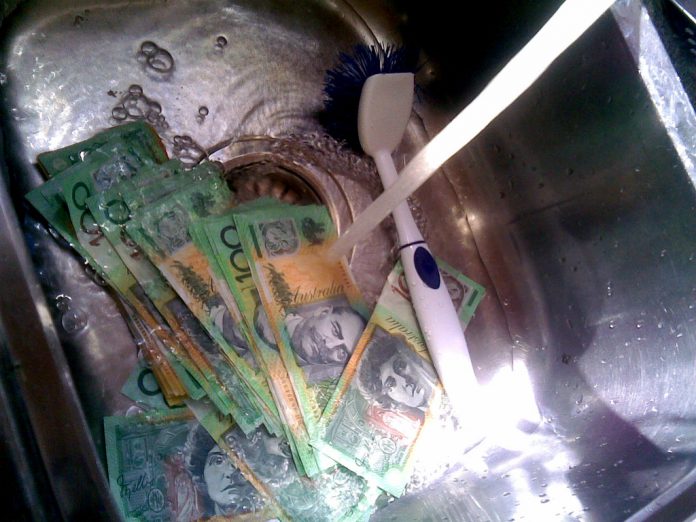On December 11th the Committee of Civil Liberties, Justice and Home Affairs of the European Parliament voted almost unanimously my report on the Directive on countering money laundering by criminal law.
I believe this vote sets an important milestone in the fight against organised crime at European level. Criminal organisations nowadays are like multinationals. They operate in several countries at the same time and diversify their activities taking advantage of the different legal systems and of legislative gaps all over the world. Tackling money laundering is a European and global issue that needs a strong answer.
We need to be able to deprive criminals of their most important asset: money. As a matter of fact money laundering is a particularly dangerous crime, as it allows criminal organisations to reinvest the proceeds of their illicit activities into the legal economy while at the same time altering the market and distorting competition.
Profits of drug trafficking in Italy could be invested in buying restaurants in the Netherlands. This crime is an equal issue for all EU Member States. This is why it is so important to have a common legislation in this area. This Directive is an important step forward into this direction also because it aligns EU legislation with international obligations, in particular the Council of Europe Convention on Laundering, Search, Seizure and Confiscation of the Proceeds from Crime and the relevant recommendations of the International Financial Action Task Force (FATF). The Directive that the Parliament voted last December aims at o approximating the criminal legislations of the Member States by establishing minimum rules concerning the definition of criminal offences and sanctions relating to money laundering. This would allow for a more efficient and smoother cross-border law enforcement cooperation by setting common provisions to improve the investigation of money laundering related offences.
The Commission presented a good text that the Parliament strengthened further and I will do my outmost to defend this position during the negotiations with the Council. The Parliament position stresses a number of important points that were missing in the Commission proposal. On sanctions, the Parliament clearly stated that imprisonment cannot be the only sanction and provided for new additional measures that I consider particularly effective and dissuasive such as confiscation or the ban to enter into contracts with public authorities or run for elected offices. Also, Member States will have to punish the crime of money laundering by introducing minimum penalties (at least two years of imprisonment). This is important as not all Member States’ legislations provide minimum penalties. The Parliament also raised the maximum penalty that Member States need to foresee compared to the Commission proposal. In the Parliament text it cannot be less than five years of imprisonment for all cases and not only for serious cases as proposed by the Commission.
Money laundering is an intentional crime. One cannot be criminalised for having acquired a property without knowing its illicit origin. However, while executing certain professional activities that imply a contractual relationship with, and a responsibility towards, an obliged entity, the crime of money laundering can also be sanctioned in the case of gross negligence.
Now I need to defend this position in the negotiations with the Council that has already adopted its common position. I expect Member States to react positively to a number of our changes and respect the will of European citizens that call for more coordinated and effective action in fighting money laundering and organised crime across the EU.
Ignazio Corrao is a MEP, member of the Europe of Freedom and Direct Democracy Group for the Italian party Movimento 5 Stelle.

